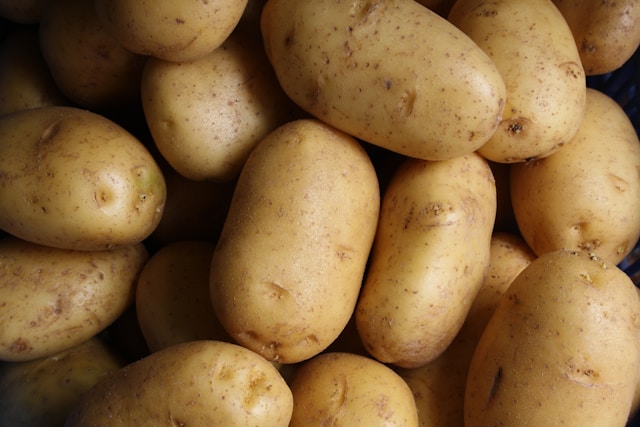Tonnes of potatoes boiled with recycled heat, milk and cheese waste transformed into fuel and timber milled with the power of the sun.
That is how food producers and major industries across regional Australia are taking small steps towards decarbonisation and the transition to net zero.
Country communities need these locally-led projects to see how energy transition works, along with stronger consultation and communication from governments, according to new research.
“While government support and leadership is crucial in the transition to net zero, local communities must take the lead on devising local solutions,” the Regional Australia Institute’s report on net zero transition said.
The think tank on Tuesday released two reports into how the shift to net zero emissions and decarbonisation can play out the regions.
The energy transition research pointed to emerging greener practices like those at the Burra Foods milk product plant and Radial Timber mill, both in regional Victoria, and a potato processing factory in Tasmania.
But surveys with community leaders around country Australia showed some scepticism about moving to net zero.
“A just transition is crucial to ensure those vulnerable communities bearing the brunt of the disruption caused by low carbon policies are not left behind,” the research said.
Replacing diesel fuel is the greatest challenge in decarbonisation in regional Australia, the institute’s second report said.
“Despite the well-intentioned efforts of industry and government, the current status of decarbonisation in the regions remains immature.
“While pathways exist for many applications, serious efforts to decarbonise remain underdeveloped.”
A vast roll-out of electric vehicle chargers, incentives for EVs, a carbon price and an emissions trading system are all considered central to moving away from fossil fuels.
With freight trucks critical to supply chains, concerns about limited driving range in electrified vehicles could be addressed by battery replacement stations as well as hydrogen fuel.
“A battery swap system could work well for trucking companies with regular routes,” the report said.
“The separation of battery recharging time from waiting time is an important enabler.”
Electrifying farm vehicles is identified as another challenge, as network capacity is reduced with remoteness.
The future of agriculture may involve fewer large-scale machines and more robotics, along with greater uptake of regenerative practices and growing alternative proteins.
“Such a view is radical, however not unforeseeable,” the research authors said.
But any transformation to agriculture will need to reward farmers.
“It is likely that many farmers will rapidly change practices if the risk is low enough and profitability high enough.”
Stephanie Gardiner
(Australian Associated Press)





